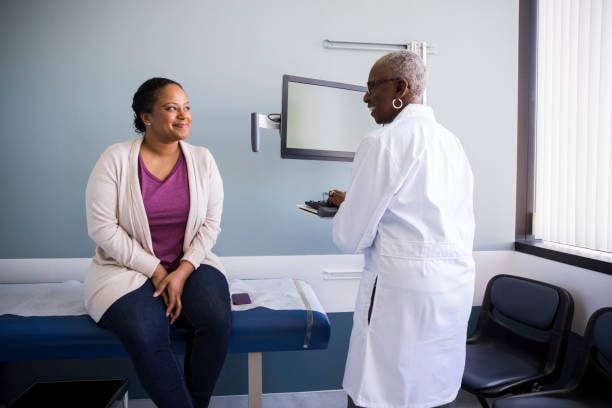
The Center for Disease Control released its latest Vital Signs Report this April. The report covered what the CDC calls “Health-Related Social Needs,” which prevent women from getting standard mammograms.
“Health-related social needs are adverse social conditions that can be barriers to a person’s health or health care. Examples include food insecurity and lack of access to reliable transportation,” said Dr. Debra Houry, the CDC’s chief medical officer and deputy director for program and science.
Over 40,000 women die from breast cancer each year in the U.S., according to the CDC, who recommends starting treatment as early as possible. Routine mammograms have been shown to reduce breast cancer deaths by 22%, according to the report.
Data from women ages 40 to 74 who responded to the 2022 Behavioral Risk Factor Surveillance System helped the CDC better understand the connection between getting regular mammograms and health-related social needs.
“Our study found that over 83% of the women aged 50 to 74 who had no health-related social needs had received a mammogram in the previous two years, as compared to only about 67% with three or more health-related needs receiving a mammogram in the previous two years,” said Dr. Jacqueline Miller, the Medical Director for the CDC’s National Breast and Cervical Cancer Early Detection Program in the Division of Cancer Prevention and Control.
“The bottom line is women are more likely to get lifesaving mammograms when their social needs are met,” Miller said.
How to fulfill social needs
Houry says by asking patients simple questions during initial screenings and visits, health care providers can uncover existing social needs and develop strategies to address them or provide guidance.
“Health care providers can do a risk assessment for health-related social needs and refer patients to local social services to receive needed help. Centers for Medicare and Medicaid Services will now reimburse health care providers for these risk assessments,” Houry said.
Additionally, she says health care providers can also inform women with low incomes or who are uninsured about Breast and Cervical Cancer Early Detection Programs. According to Houry, the CDC invests in these programs and makes them available across the country on a state-by-state basis.
Community programs and partners can increase the number of organizations directly addressing social needs like transportation, informational services and housing assistance, according to Houry.
Lastly, people can support and encourage the women in their lives to get mammograms and stay current on recommended screenings.
“I get mine regularly, and this past year, one of my close friends was diagnosed with breast cancer on her screening mammogram. I have no doubt that this early identification and treatment saved her life. Do not put this off. There are services available to help,” Houry said.
Contact Racial Justice Reporter Garrett Simms at 317-762-7847







